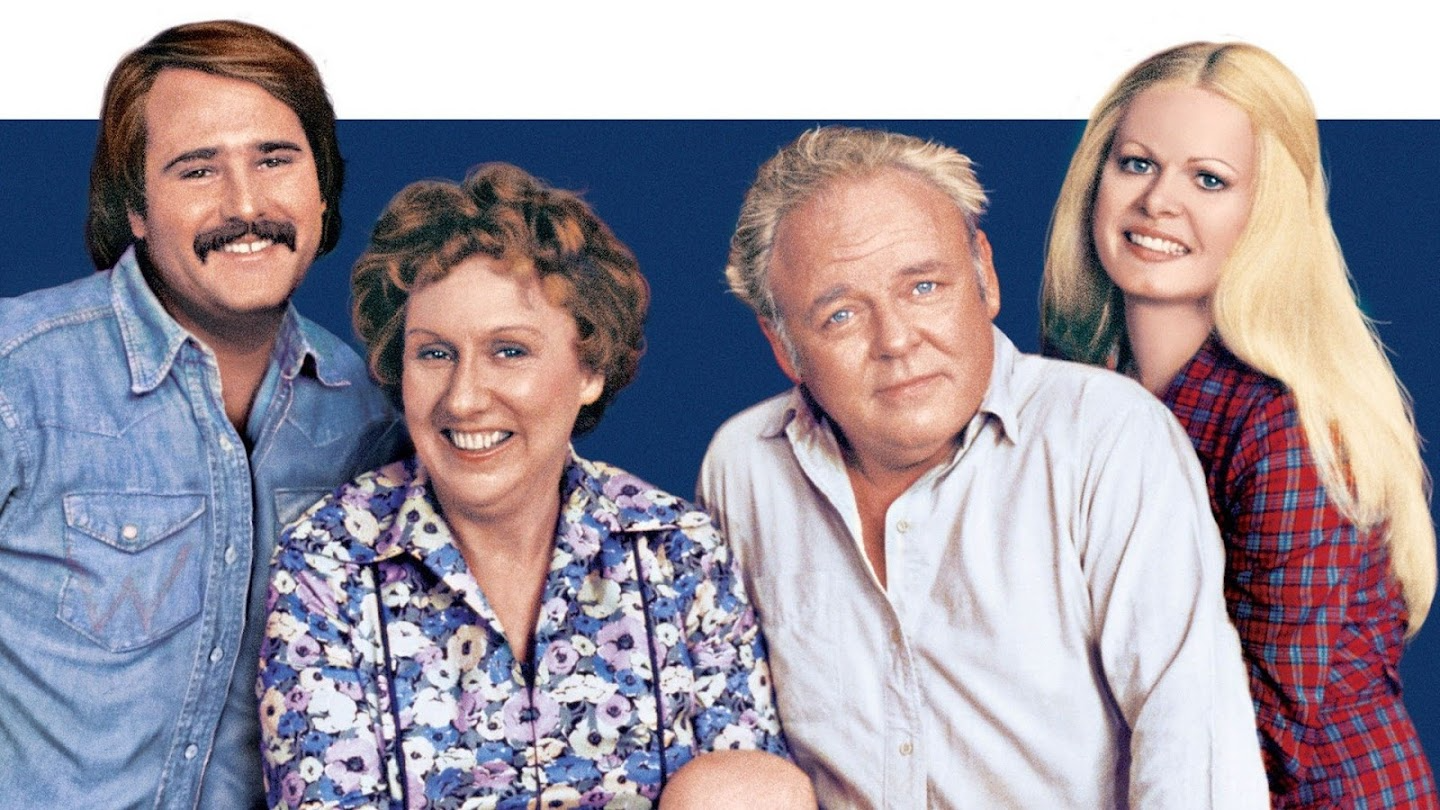
Archie Bunker, the cantankerous, politically incorrect patriarch of All in the Family, is undoubtedly one of the most controversial and compelling characters in TV history. Played by Carroll O’Connor, Archie was a reflection of the average working-class man in the 1970s—proud, opinionated, and often uncomfortably ignorant. His views on race, gender, and politics were, at best, outdated and, at worst, downright offensive. Yet, despite his bigotry, Archie became one of the most beloved characters in television history. But why?
The Complexity of Archie Bunker
What made Archie Bunker so unforgettable wasn’t just his bigoted humor—it was his complexity. He wasn’t a one-dimensional character, and his contradictions made him deeply fascinating. On one hand, Archie held deeply racist and sexist views, often expressing them in crude and offensive ways. On the other hand, his character was more than just a caricature of ignorance. There was a tenderness to him, especially when it came to his family. His love for Edith, his wife, was genuine, and his moments of vulnerability made him human.
Archie wasn’t just a reflection of the ignorant segments of American society; he was a mirror to the times, embodying the shifting cultural landscape of the 1970s. He was a man out of step with the rapidly changing world around him—struggling to maintain his old-fashioned views while grappling with the rise of new social movements. This internal conflict made him a fascinating character to watch.
The Role of Archie Bunker in Challenging American Norms
Archie Bunker wasn’t just a product of his time; he was a character who challenged the norms of his time. In the 1970s, issues like racial equality, women’s rights, and freedom of speech were hotly debated, and Archie’s unfiltered views provided a platform to examine these issues from the perspective of someone who was often unwilling to change. His interactions with characters like his liberal son-in-law, Mike Stivic (known as “Meathead”), brought these clashes of ideologies into sharp focus.
What made Archie’s character even more intriguing was the show’s approach to his flaws. Rather than simply portraying him as a one-dimensional bigot, All in the Family allowed Archie to evolve. While he never completely abandoned his old-fashioned views, the show showed him grappling with the world around him, exposing his vulnerabilities and giving viewers a sense of his internal struggle.
Carroll O’Connor’s Masterful Performance
At the heart of Archie Bunker’s enduring popularity was Carroll O’Connor’s brilliant portrayal. O’Connor brought a depth to the character that made Archie both infuriating and endearing. He wasn’t just playing a stereotype; he was portraying a man who represented a particular viewpoint of American society—a man who was both a product of his upbringing and a symbol of societal change. O’Connor’s ability to make Archie both a source of comedy and a figure of pathos is what set the character apart.
The Archie Bunker Legacy
The “Archie Bunker Effect” is something that continues to influence modern television. Characters like Tony Soprano from The Sopranos or Walter White from Breaking Bad share Archie’s complexity—antiheroes with deep flaws who challenge societal norms while still eliciting empathy from the audience.
While Archie Bunker’s views may no longer be widely accepted, his character remains one of the most fascinating, multifaceted figures in television history. In a world where TV characters are often expected to conform to moral ideals, Archie’s enduring appeal lies in his unapologetic authenticity. He is a reminder that even the most flawed characters can resonate with audiences and leave a lasting impact on the medium.
